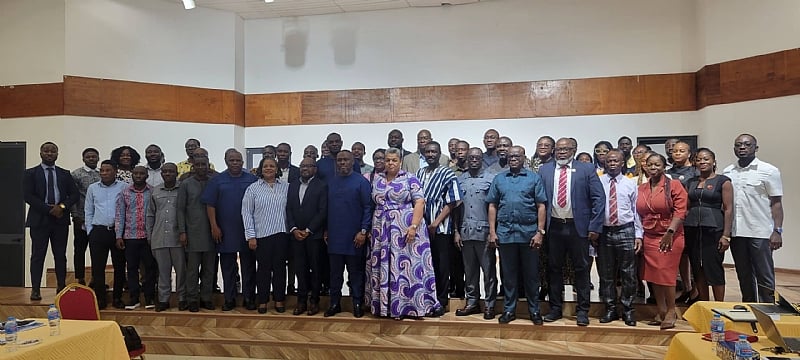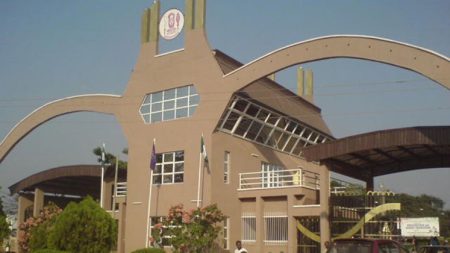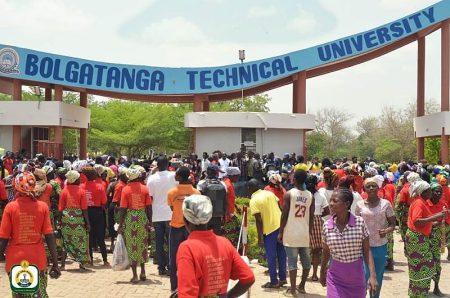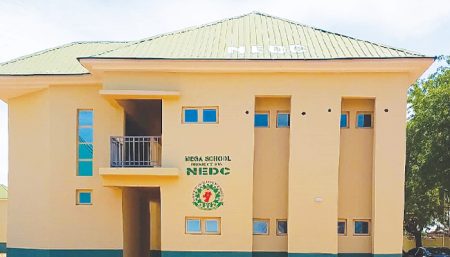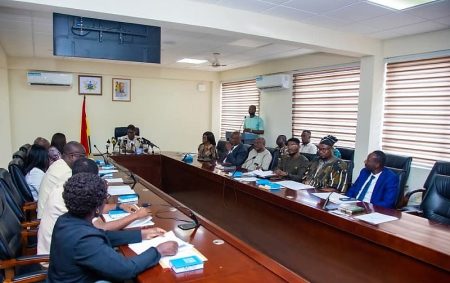The Ministry of Works, Housing, and Water Resources in Ghana, under the leadership of Minister Kenneth Gilbert Adjei and Deputy Minister Gizella Tetteh-Agbotui, has embarked on a significant initiative to reshape the nation’s infrastructure landscape. This initiative revolves around the development of a comprehensive Sector Medium Term Development Plan (SMTDP), a strategic blueprint designed to guide the trajectory of the Works, Housing, and Water sub-sectors over the next four years. The SMTDP represents a concerted effort to address current developmental challenges and establish a clear roadmap for achieving sustainable and inclusive growth within these crucial sectors. The Ministry recognizes the vital role these sectors play in national development, influencing everything from economic productivity and social well-being to environmental sustainability.
The development of the SMTDP follows a structured and collaborative approach. An initial meeting between the Minister and Heads of Agencies and Departments under the Ministry laid the groundwork for understanding the current operational landscape. This preliminary engagement served to assess the progress made towards achieving existing mandates, identify emerging developmental issues requiring immediate attention, and gather crucial input for the formulation of the SMTDP. This participatory approach ensures that the plan is grounded in practical realities and reflects the collective wisdom of the key stakeholders responsible for its implementation.
The subsequent meeting, focused specifically on the draft SMTDP, provided a platform for detailed discussion and feedback. This collaborative review process further solidified the plan’s alignment with the Ministry’s overarching goals and the specific needs of each sub-sector. Minister Adjei expressed his appreciation for the diligent efforts of the team, led by Chief Director Rev. Stephen Yaw Osei, in preparing the draft document, highlighting the importance of timely planning in achieving national developmental objectives. The meticulous preparation underscores the Ministry’s commitment to a well-defined and actionable plan for achieving tangible progress.
The SMTDP, meticulously drafted in accordance with the guidelines provided by the National Development Planning Commission (NDPC), serves as a critical instrument for aligning sectoral development with national priorities. This alignment ensures that the Ministry’s efforts contribute effectively to the broader national development agenda. The plan’s focus on fostering a sustainable and inclusive built environment emphasizes the Ministry’s commitment to creating an infrastructure landscape that serves the needs of all citizens, regardless of their socio-economic background or geographical location. This commitment reflects a broader national goal of equitable development and improved quality of life for all Ghanaians.
Within the housing sector, the SMTDP will likely address critical issues such as affordability, access to decent housing, and the development of sustainable housing solutions. This might involve strategies to stimulate the construction of affordable housing units, promote innovative building technologies, and strengthen regulatory frameworks to ensure quality and safety in the housing sector. The plan may also explore mechanisms to facilitate access to financing for prospective homeowners, particularly those in low-income brackets, thus promoting wider homeownership and addressing housing deficits. Additionally, the plan could prioritize the development of resilient housing infrastructure to mitigate the impact of climate change and other environmental risks.
In the water resources sub-sector, the SMTDP is expected to focus on ensuring equitable access to safe and reliable water supplies for all communities. This could involve investments in water infrastructure development, including the construction of dams, reservoirs, and pipelines, as well as the rehabilitation and expansion of existing water treatment facilities. The plan might also incorporate strategies for promoting water conservation and efficiency, particularly in agriculture and industry, to ensure the sustainable management of water resources. Furthermore, the plan would likely address the issue of water pollution and sanitation, focusing on improving wastewater treatment and sanitation infrastructure to safeguard public health and protect the environment. The overall aim would be to enhance water security and resilience in the face of increasing demand and climate change impacts. Similarly, in the works sub-sector, the SMTDP likely focuses on the development and maintenance of robust infrastructure networks, encompassing roads, bridges, and other public works. This would involve strategic investments in infrastructure upgrades, rehabilitation, and expansion to improve connectivity and facilitate economic activity. The plan might also emphasize the adoption of sustainable construction practices and technologies to minimize the environmental footprint of infrastructure development. Furthermore, the SMTDP could prioritize the development of resilient infrastructure that can withstand the impacts of climate change and other natural hazards, ensuring long-term functionality and minimizing disruptions to essential services. The overarching goal would be to create a modern and efficient infrastructure network that supports economic growth, enhances social well-being, and promotes sustainable development.





